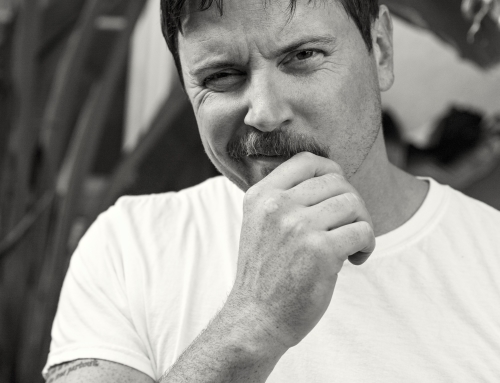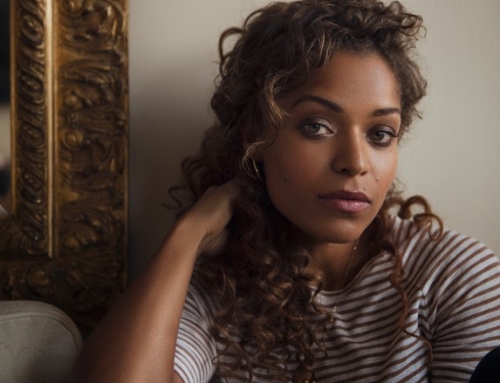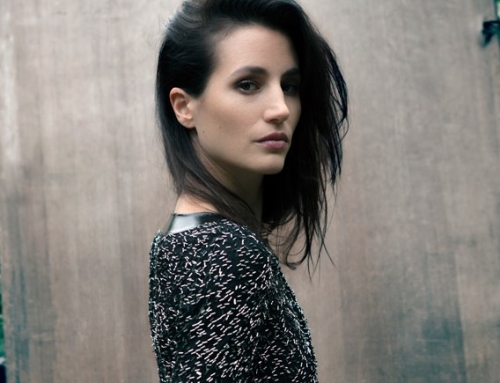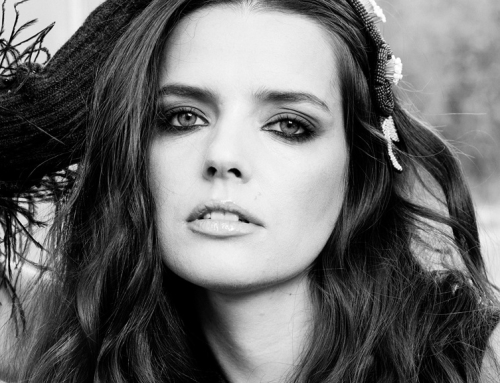With the Festival de Cannes barely a month behind us, the buzz from the international film festival’s critics’ pick list lingers. Topping that list is We Need To Talk About Kevin, the story of a disgruntled toddler turned homicidal youth played by newcomer Ezra Miller, premiered at Cannes and due out this fall. Directed by Lynne Ramsay and starring Tilda Swinton and John C. Reilly as the perplexed parents, the ending of this disquieting family drama leaves the audience feeling as if they have the curb snuggly between their teeth.
Beautiful Boy on the other hand — another family drama documenting the effect of a campus massacre on the lives of the gunman’s parents — leaves the audience with a feeling quite opposite; a feeling of hope restored.
Making its premiere at the 2010 Toronto International Film Festival, where it won the International Critics’ Award, Beautiful Boy is a meditation on the space between people and the fragility of familial ties.
For director Shawn Ku, striking a balance between the loaded narrative and the engulfing emotion of the story, was impearative to both the film’s integrity and humanity. “This story is going to be about grief,” the young director affirms. But, with the focus on the parents of the gunman, it’s a different face then audiences are use to seeing, and one they may be surprised to empathize with. “We look so desperately for a bad guy,” says Ku about public reaction to shootings like 2007’s Virginia Tech massacre, which the film is loosely inspired by. “Because the shooter is gone, there’s no one to punish, and so the next in line is the parents. We persecute them, we vilify them, we blame them — especially because these kids are young and they should have done something, you know ‘why didn’t they help them, they’re horrible parents.’ We have to blame someone one. It’s just human nature to look for a responsible party and then stone them to death.”
By using the parents’ lives as the film’s narrative vehicle, Beautiful Boy grounds its story in humanity and calls upon the audience’s compassion. “You see it through the prism of the parents, of these two people who are going through such a difficult, complicated traumatic experience, and yet they’re unable to help each other because of the gulf that’s grown up in their relationship,” explains Michael Sheen, who plays opposite Maria Bello as the father of the shooter.
Ku’s choice of point of view challenges the media’s judging eye — a relentless presence in the film and a driving narrative force, even when unseen. “With a subject like this, the tendency is to be quite black and white about it, says Sheen. “When a shooting happens there’s so much talk about ‘why did it happen,’ we want to try to understand it, but we can sometimes, I think, fall into the trap of coming up with quite sort of packed answers to these sort of things. I think one thing the film tries to say is it’s unknowable — and the main thing is how we treat each other through it.”
Ku, who believes the greater public is as guilty of vilifying individuals involved (directly and indirectly) as much as the press, hopes Beautiful Boy draws empathy for all his film’s characters. “We need to separate that kind of ‘evil’ from ourselves to such an extent that we turn them into this weird, alien-like, non-human thing, and I guess my thought is that that’s not true,” explains Ku. “I hope that [the audience] can see that all I’m trying to say is that it’s really not that simple. No one raises a child so that they’ll become bad; everybody does the best that they can. Some people are just wired differently. There is no answer and that’s what I tried to say in the film. Even if [the shooter] leaves a reason why like: ‘You fucked me. I hate you’ — that’s not the reason why, there’s much more to it I think.”
Siding on empathetic rather than the cautionary note of We Need to Talk About Kevin — Beautiful Boy avoids playing up to the inherent fear factor of youth helmed shootings and instead evokes compassion and asks its audience to consider loss from all sides.
Now playing in select theatres across Canada, Beautiful Boy star Michael Sheen talks to FILLER about his character, his perspective of the film’s subject as a parent, and dealing with the film’s emotional content on and off set.

Mass shootings are unfortunately not a story uncommon to find in today’s news. Would you say that Beautiful Boy’s approach to the subject matter diverges from the media’s typical “if it bleeds, it leads” angle?
It’s hard to portray complexity in the media now. I mean it always has been…it’s difficult not to get very black and white about things and wanting to tie it up. One of the things I think this film really does is it doesn’t really give any answers, but it asks a lot of questions.
A lot of the questions in the film stem from the parents trying to understand how their son became the gunman, are any answers uncovered at the film’s end?
The film asks whether two people going though that [type of grief] can connect and communicate with each other again, and what is positive about the film, and hopeful, is that these two people are able to do that. They go on a heck of a journey together, and finally they’re kind of broken and beaten, and eventually they’re able to come back together again, which is really a positive thing.
At the film’s start, you and your wife’s relationship is already on the rocks; do you think that they blame their inability to give their son a perfect nuclear family for his eventual disillusion?
One of the things that I guess happens when something terribly tragic happens in life, especially with your child, is that you look back over your whole life thinking: “what have I done to contribute to this? What could I have done differently?” You analyze every single thing in your life. I think the nature of being a parent is to feel guilty a lot of the time because you know your child is dependent.
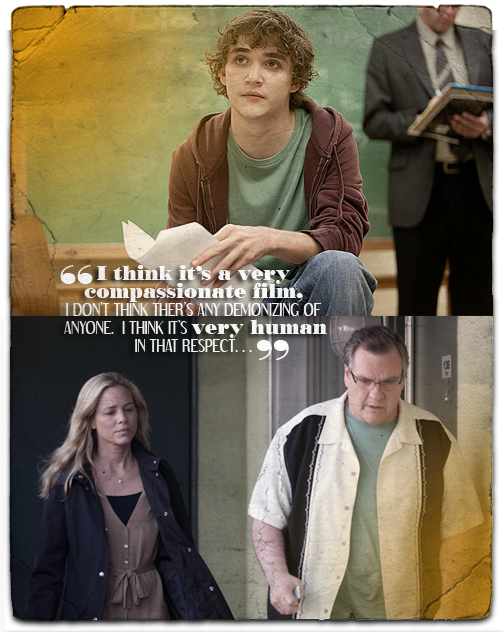
It’s sort of impossible not to feel responsible for them I guess.
You know when it’s with other people, if something happens, you always have the thing in the back of your mind that says: “You know, it’s nothing to do with me, that’s their thing.” But with your child, you can’t do that. They are a product of you. But the scary thing is, as well as being a product of the parent, they’re also something other.
Is that something that the mother and father characters are coming to grips with?
I think for a parent, that’s something really hard to accept — that your child is an independent being with their own stuff and its not necessarily to do with you, not all of it. That’s one of the hard things — the guilt — [for] the parents to get pass.
How does the father’s approach to this differ from the mother’s?
I think my character does what a lot of men do, I guess, which is just not to feel it, not want to talk about it, just ignore it, get on with things, but eventually you can’t. It’s there. It’s a reality, and you have to face it at some point, and he has to be really beaten down to face it.
Did you personally sympathize with one parent’s emotional response more so than the others?
It’s not that I sympathize with one more than the other…you can’t help but sympathize with them both really. I think you see two people groping in the dark, finding a way to cope. It’s like when you have a baby, so many people say this, and I remember this myself: You come home from the hospital and you put your baby down on the table or sofa or whatever, and then you go: “What do I do now? There’s no guidebook; why didn’t somebody give me a book of how to do this?” There are no rules. And I think whenever you have an extreme situation, one of the hardest things is the fact that you don’t know how to be.
Have you ever experienced this yourself?
When something really extreme happens to me, almost the first thing that happens to me is I think: “What should I be doing? How should I feel? What should I do with my face? What should I say?” Somehow feeling like your failing in being authentic in what you’re doing. And it takes a while before I even become aware of what’s going on with myself; and I think that’s what they’re going through in this, both of them, so they react in different ways, but they’re both trying to deal with the same thing, which is that this terrible thing has happened and they want to process it, and they’re unable to process it, and so they look at doing practical things.
How do you expect the families of those who have been involved in a mass shooting like the one dramatized in the film will react to the story and characters in this film?
Well…I hope that if someone watches it who has been through something similar, that they recognize stuff in it. I think it’s a very compassionate film, I don’t think there’s any demonizing of anyone. I think it’s very human in that respect, so I hope that people will recognize something and you know…I think that part of the power of any film or any story is that you see people doing things that you thought you were the only one who did. Sometimes I think we can feel very isolated because we’re scared of what’s going on inside, and we don’t want to let anyone else know. And part of what films do I think is that they [make you] go: “Oh, well I’m not on my own.”
Is that true for you too?
If a character on a screen is doing something on the screen that I’m doing, I don’t feel on my own anymore. And for people who have been through extreme things or who have been demonized by the media, I hope they see something and go: “Oh well right, I’m not on my own.”
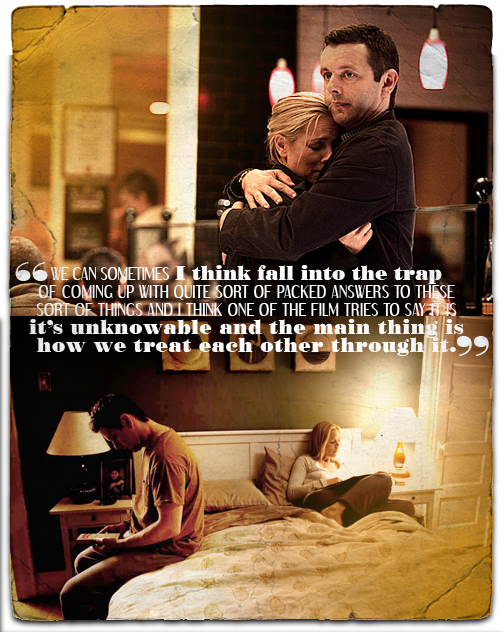
Considering the heavy material, did you find yourself bringing the weight of the film’s narrative home with you after a day on set?
Sometimes the more intense the scenes are that you’re doing, the more you want to let go of them. You don’t want to carry on with it. It inevitably has an effect on your state — the echoes of it stay around. But if we’re all doing our jobs right, we can kind of get it all out, and you let go of it completely, and it doesn’t need to stay with you.
What about the set itself, was it serious or cheerful?
It was a happy set; it had to be, otherwise it would have been so miserable! And I feel like you kind of earn the right to be happy off camera if you’re really authentic and honest and brave on camera.
How was Shawn Ku as a director?
He was terrific. I think he is going to have a very interesting and varied career because he has so many different interests. To go from doing a necrophilia musical to this is quite a leap. He’s very bright. He’s very honest. You know he really invests in what he’s doing. I think he understands the technical side of filming really well. I think it’s beautifully shot this film, the way he uses the camera to tell the story I thought was really really interesting.
The cinematography was really beautiful. How is Shawn one-on-one with the actors?
He’s very much an actor’s director, and he’s able to handle really interesting sensitive material really well. I think he has everything it takes to have a really meaningful career.








